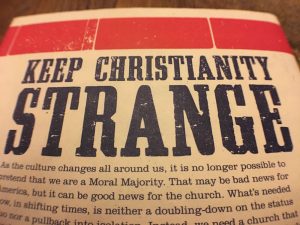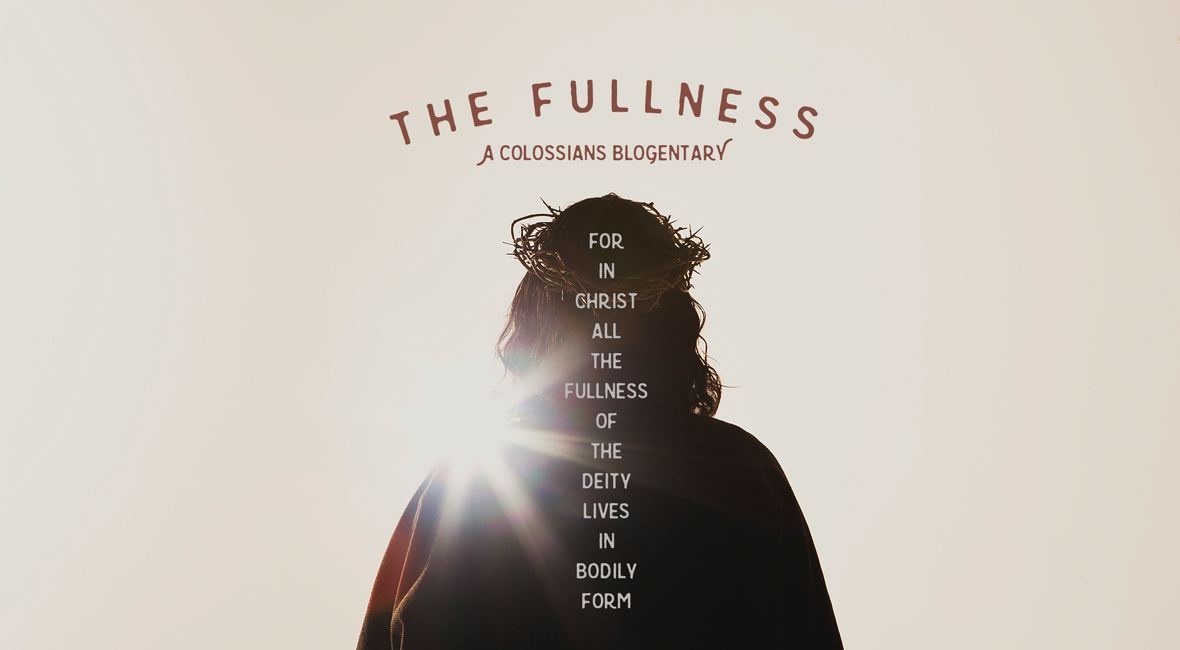What Onward is About
Onward by Russell Moore is a call for American evangelicals to engage the culture in a way that is faithful to the Gospel. American culture has changed. It is no longer allied with Christian values. The Bible Belt is collapsing. In Moore’s view, this is not necessarily a bad thing. For too long American culture has embraced Christian values while simultaneously rejecting the Christian Gospel. This has created a cultural Christianity that is a perversion of the true faith, a moralism that exalts Jesus as right or correct, without submitting to him as Lord. “We ought to see the ongoing cultural shake-up in America as a liberation of sorts from a captivity we never even knew we were in. The closeness of American culture with the church caused many sectors of the American church to read the Bible as though the Bible were pointing us to America itself.” (p. 7)
The demise of the Bible Belt and American Christianity is an opportunity too good for the Church to miss. This allows for a sort of purification of the Church in America, a disentanglement from partisan politics and ethnic nationalism. The end of American Christianity ought to open the eyes of Christians in America that our country is not, and really never was, Christian. Rather than clinging to the last vestiges of political influence, we ought to turn our attention to true Gospel influence, which is far bigger than any political party’s platform. In a particularly prescient passage, Moore writes, “If politics drives the gospel, rather than the other way around, we end up with a public witness in which Mormon talk-show hosts and serially-monogamous casino magnates and prosperity-gospel preachers are welcomed into our ranks, regardless of what violence they do the gospel. They are, after all, ‘right on the issues.'” (p.32) In the wake of the election of President Trump, and the strong evangelical support that helped get him into office, this passage cuts to the core of what is wrong with American Christianity.
 The thematic thrust of Onward is made clear in a pithy statement, written in bold letters, on the back cover of the book: Keep Christianity Strange. Calling to mind bumper stickers like “Keep Austin Weird,” Moore urges us to recover the peculiarity of the Gospel. When culture faith become entangled, it is always faith that suffers. The Christian faith lost its peculiar power in America precisely because it became normal. As Moore writes, “The church of Jesus Christ is never a majority – in any fallen culture – even if we happen to outnumber everyone else around us. The Scripture speaks of a world system that is at odds with the kingdom, a world to which we are constantly tempted to pattern our own intellects and affections after, until we are interrupted by the ongoing transformation of the kingdom.” (p. 29) The systems of the world are always antichrist; they are always inimical to the Gospel and the transformative work of the Spirit. This was as true in ancient Rome as it is in modern America.
The thematic thrust of Onward is made clear in a pithy statement, written in bold letters, on the back cover of the book: Keep Christianity Strange. Calling to mind bumper stickers like “Keep Austin Weird,” Moore urges us to recover the peculiarity of the Gospel. When culture faith become entangled, it is always faith that suffers. The Christian faith lost its peculiar power in America precisely because it became normal. As Moore writes, “The church of Jesus Christ is never a majority – in any fallen culture – even if we happen to outnumber everyone else around us. The Scripture speaks of a world system that is at odds with the kingdom, a world to which we are constantly tempted to pattern our own intellects and affections after, until we are interrupted by the ongoing transformation of the kingdom.” (p. 29) The systems of the world are always antichrist; they are always inimical to the Gospel and the transformative work of the Spirit. This was as true in ancient Rome as it is in modern America.

